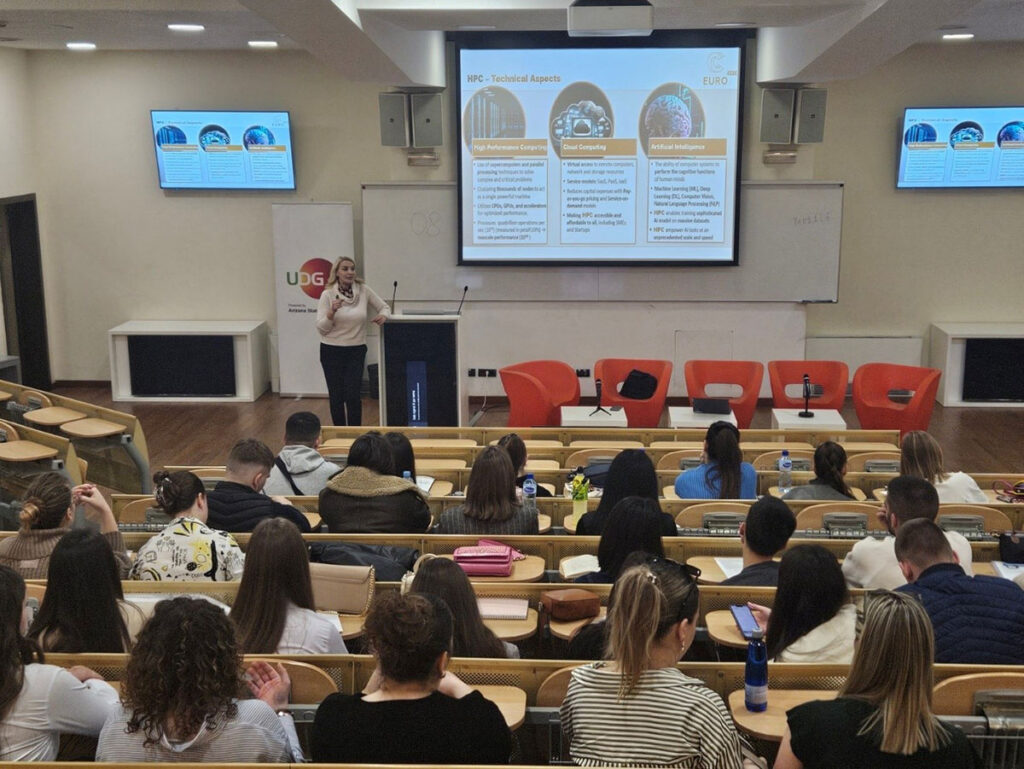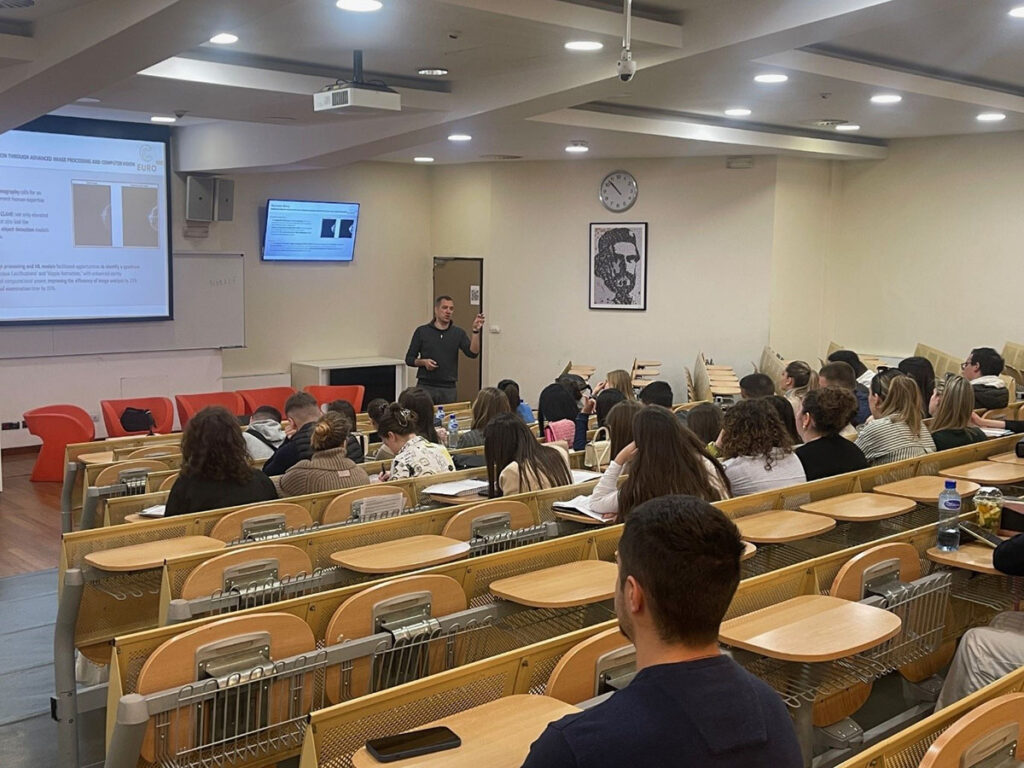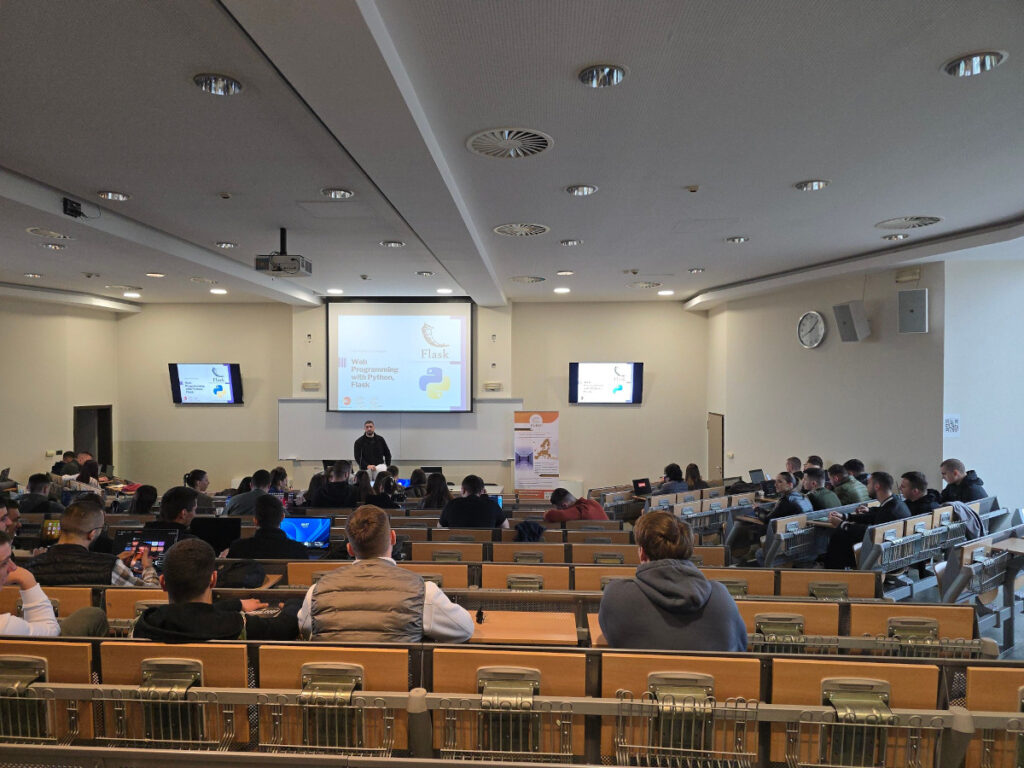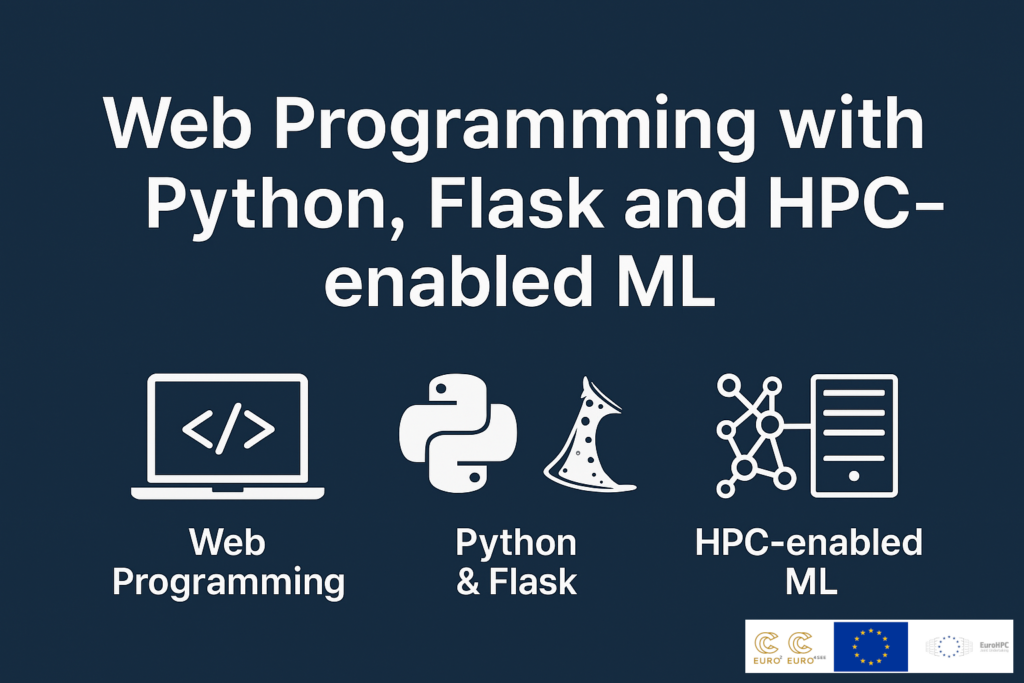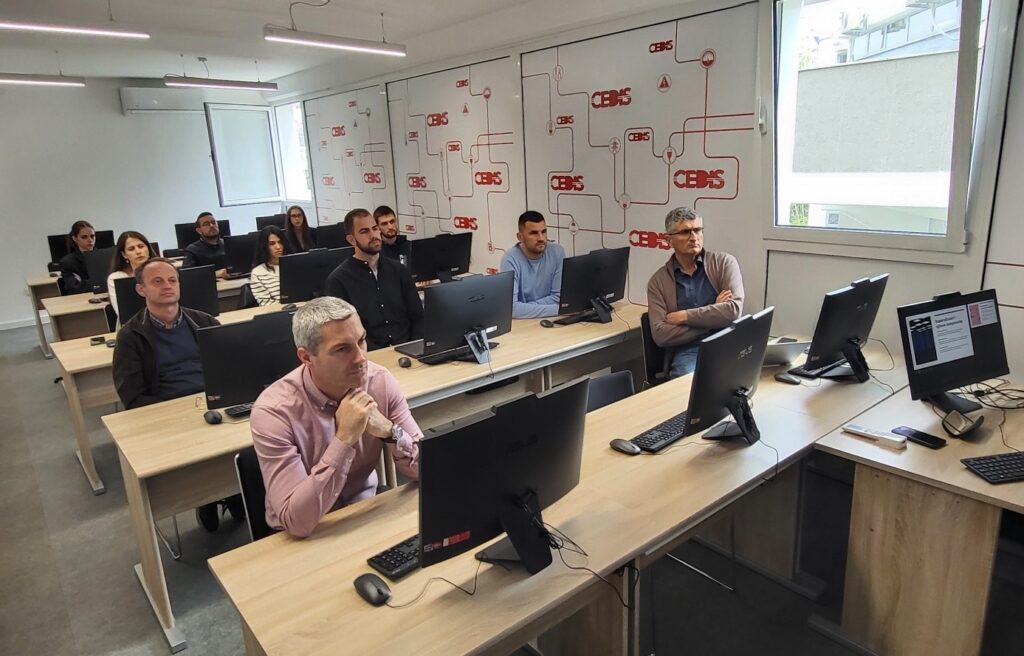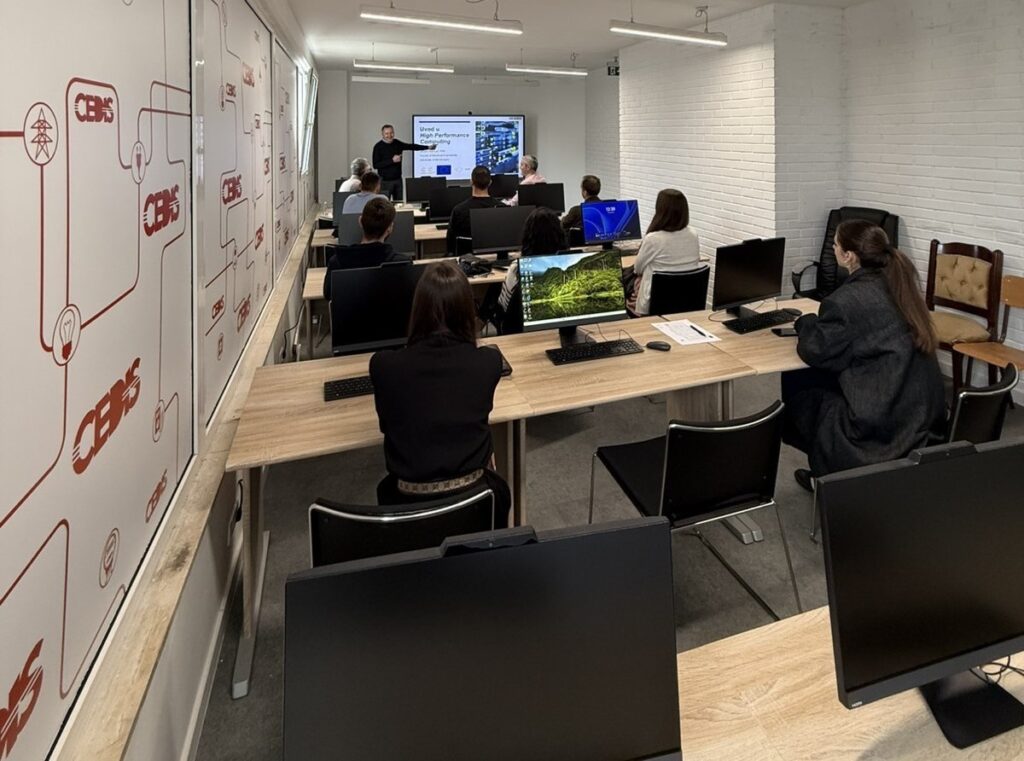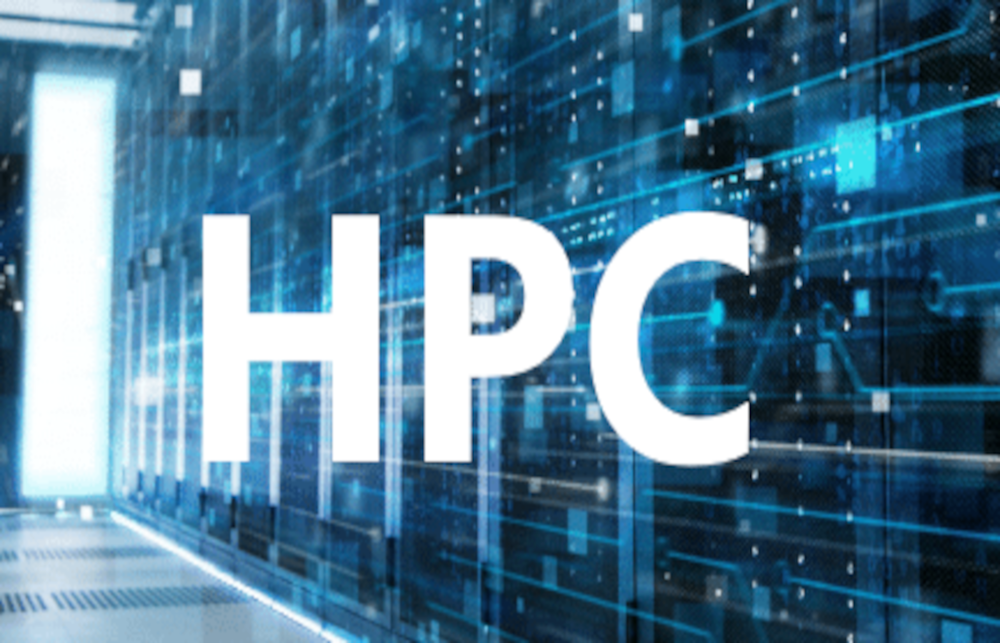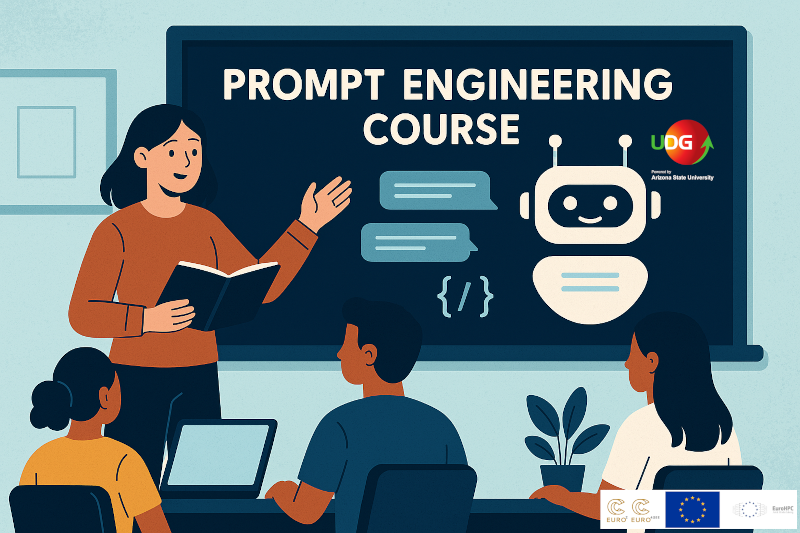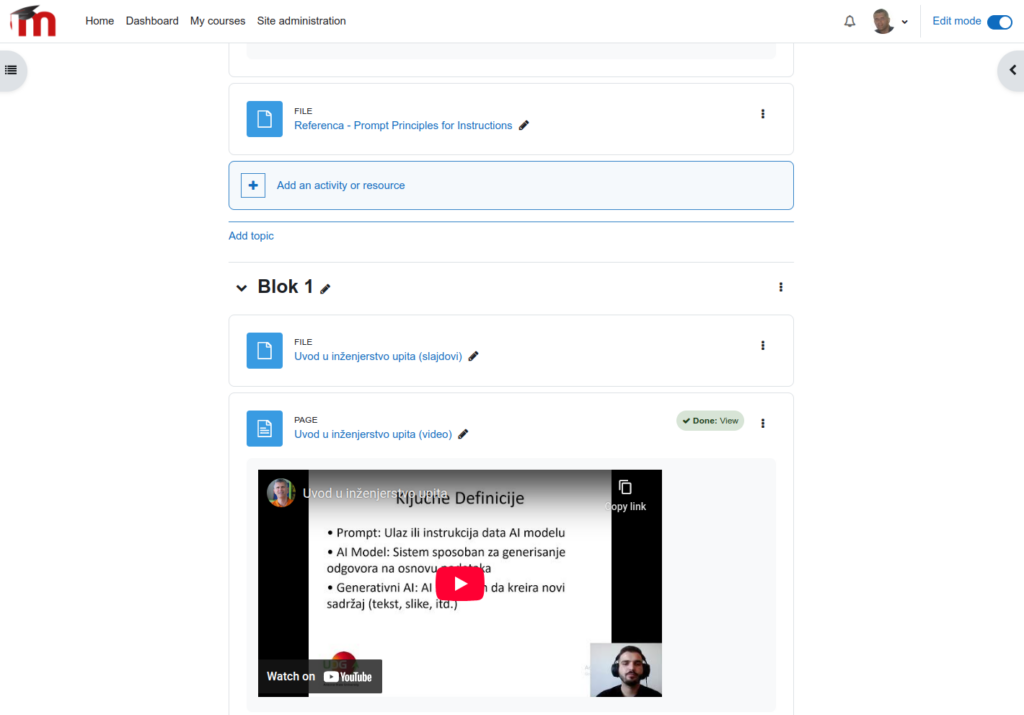We are excited to announce a one-day short course titled “From Personal Computing to HPC”, taking place on Tuesday, April 29, 2025, starting at 13:30 at the University of Donja Gorica. This is primarily for the students, but others are welcome, too.
Organized within the EuroCC2 project framework, this intensive training session is designed to introduce participants to the fundamentals of High Performance Computing (HPC) and how it differs from standard personal computing. Whether you’re a student, researcher, or tech enthusiast, this course will help you understand:
- The evolution from personal computers to HPC systems
- Core components of HPC architectures
- The role of HPC in science, industry, and innovation
- How to get started using HPC resources
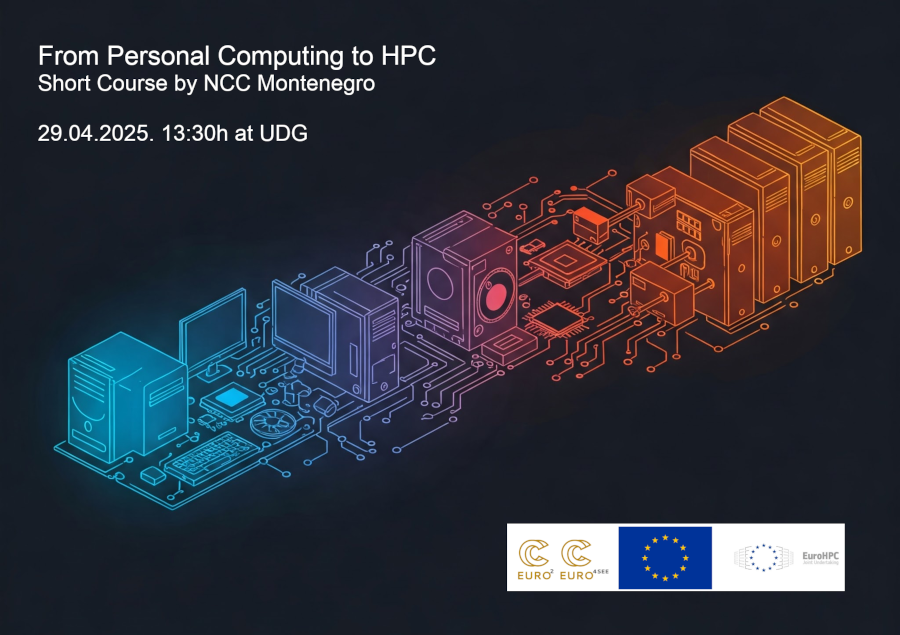
Please note
- Date & Time: April 29, 2025, 13:30
- Location: University of Donja Gorica, AS
- Format: In-person, one-day training
- Registration form: https://forms.gle/oqbGwUhiEdZ5U6wVA
Participation is free of charge, but registration is required. Don’t miss this opportunity to boost your computational skills and explore the world of HPC!
🔗 Learn more: [link]


